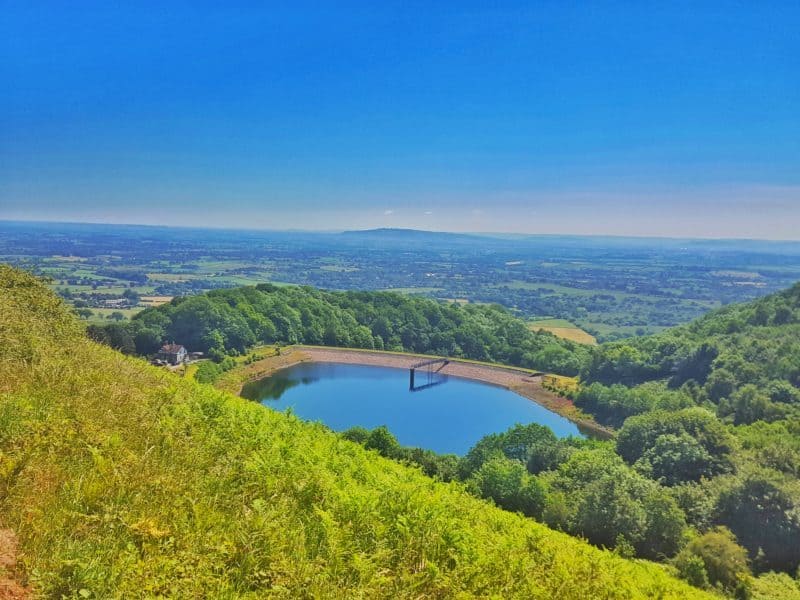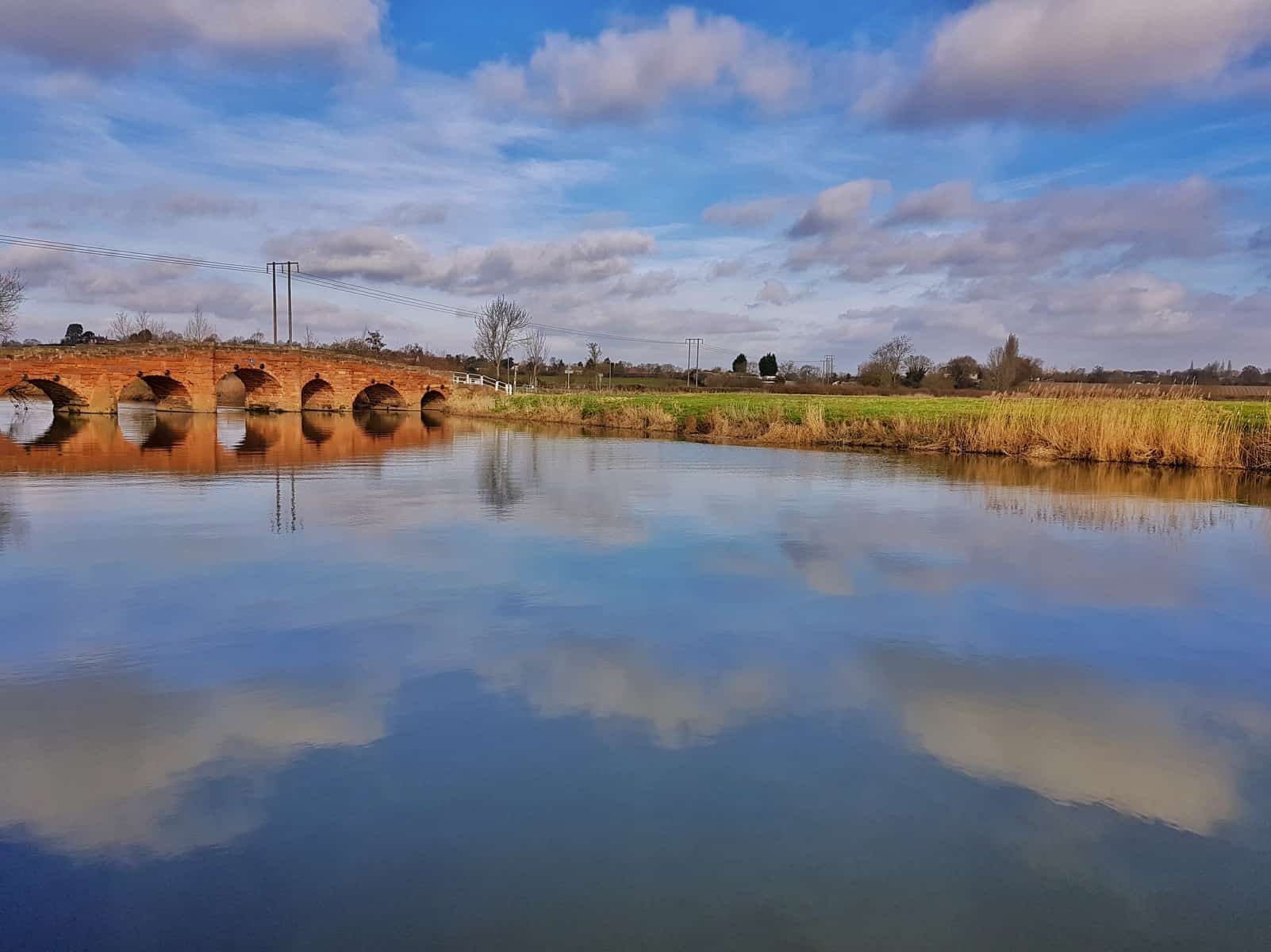Cold water swimming for mental health: 5 things to consider before you start
If you haven’t heard about the benefits of cold water swimming for mental health, you have probably been living under a rock lately. Mainstream media is awash with tales of Wim Hof and a host of fabulous cold water swimmers. If you speak to one of us (yes, I am one!), we light up with joy. Enthusing about how we feel better physically and mentally, less stressed and more alive. Would I encourage you to join me in the cold water? Absolutely. But let’s just backtrack before you dive in. Feeling alive relies on actually remaining alive. So, let’s take a moment to look into a few notes of caution before taking the plunge.

1. Cold water swimming for mental health is NOT therapy
Does cold water swimming make you feel better if you are stressed? Absolutely, 100% yes. Work, family and life stresses melt away when you hit the water. But it is not an instant cure for someone who is struggling with depression or emotional wellbeing. Please speak to a professional before embarking on cold water swimming, either organised or otherwise. If speaking to a therapist seems out of reach financially, it is worth bearing in mind that online therapy can be paid for by insurance in certain circumstances. You can also reach out to your GP or check out the list of mental health resources provided by the Mental Health Foundation.
2. Swim safely
For many of us, part of the lure of cold water swimming is being in nature. This means swimming in bodies of water that are unregulated, not lifeguarded and may present hidden dangers. That’s why safety always has to come first. I usually swim with a friend. Whilst I enjoy the social aspect of that, there is a safety element to it as well. If something did go wrong, we would look out for each other. It’s equally important to know the body of water you are going to swim in. Do your research, speak to people who have swam there before and check for hidden hazards before getting in. The National Water Safety forum has some more tips on staying safe when open water swimming.

3. Look after your heart
If I had written this a couple of months ago, I wouldn’t have thought to mention looking after your heart. But due to tragic circumstances (not related to open water swimming), it is a topic I have become acutely aware of recently. Long QT is a condition that can cause fast and chaotic heart rhythm. This can cause sudden fainting, seizures and even death. Cardiac Risk in the Young (CRY) state on their website:
“The most common sporting discipline that is associated with sudden death in long QT syndrome is swimming. The thought process is that the dive into the water at the beginning of a swimming contest incites an adrenergic surge – that is a rapid rise in adrenalin levels – probably because the face and the body hits cold water suddenly. This surge in adrenalin causes the heart to go into an abnormal rhythm – so most deaths in long QT syndrome appear to occur in swimmers.”
Cardiac Risk In The Young
They offer free cardiac screening to anybody aged 14 to 35. It is something to consider before embarking on cold water swimming.
4. Understanding hypothermia when cold water swimming for mental health
Whilst cold water swimming for mental health has many benefits, it can also be dangerous. Hypothermia is technically a core body temperature below 35˚C, but you are likely to start feeling it if your temperature drops under 36˚C. It is important to recognise the signs that you may be developing hypothermia, which include:
- Shivering uncontrollably
- Loss of coordination
- Feeling weak or sluggish
- Clenching jaw and struggling to speak
- Loss of control of hands, they may become “claw like”
When first starting out with cold water swimming, it is important to stay in for a short period of time only. You can gradually build up the length of time you stay in, but only if you feel comfortable. After drop is another important thing to bear in mind. You may continue to cool down for 30 minutes after exiting the water. The Outdoor Swimming Society has more information on hypothermia here.

5. Awareness is everything
Three important points about awareness:
- Intoxication: Never swim while intoxicated. You are more likely to be at risk from the above issues, less likely to be aware of hazards under the water and your risk of harm increases significantly.
- Be seen: Make sure that people are aware of you. Tell someone where you are, wear a brightly coloured hat and / or a tow float to be seen by other water users.
- Be aware of your self and your surroundings: One of the reasons why open water swimming is so beneficial is because you have to be fully aware of yourself and your surroundings. Everything else that you are worrying about becomes briefly irrelevant. Be aware of how you are feeling, your connection with nature, your surroundings and your safety.
The benefits of cold water swimming
Did I put you off? I hope not. Whilst there is a lot to consider, cold water swimming for mental health does have a multitude of benefits. I have lots of posts about open water swimming in the health and fitness section of my site. In particular, you might enjoy this one about why we swim.







![A Winter immune boost with BioCare [AD]](https://plutoniumsox.com/wp-content/uploads/2018/11/20181115_141734-01.jpeg)
Another fantastic post on the topic. I am so glad you introduced me to it.
Thank you, I’m so pleased you’re still loving it 🙂